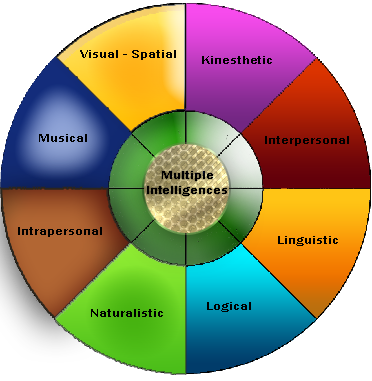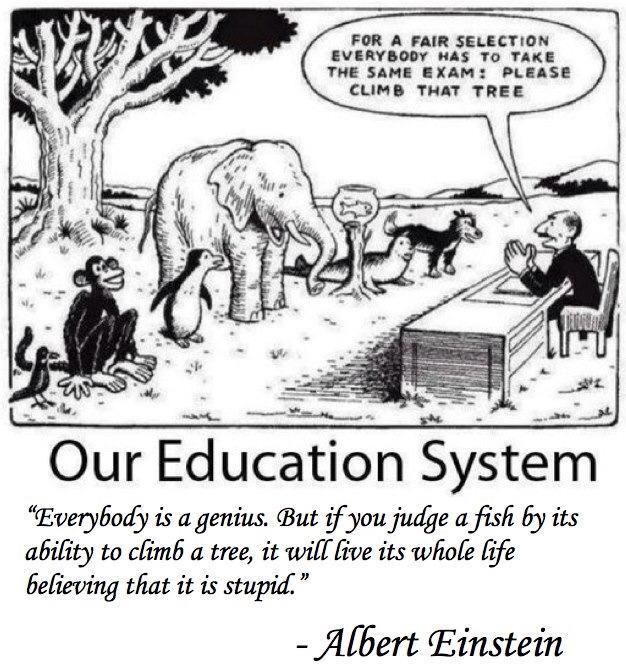The “Lower-Half Club”
 Our culture is in love with numbers and data. We are told that having the right information is the key to getting ahead. After all, this is the Information Age, isn’t it?
Our culture is in love with numbers and data. We are told that having the right information is the key to getting ahead. After all, this is the Information Age, isn’t it?
Conventional wisdom says success in our educational system is the key to future success-that students with the best grades are “the most likely to succeed.”
And as parents we convey the idea to our children that their future depends on their success in education, on high grades.
Yet, what about this contradictory evidence?
- 65% of all US senators come from the bottom half of their school classes.
- Over 50% of all the CEOs of Fortune 500 companies had C or C- averages in college.
- 75% of US presidents were in “the Lower-Half Club” in school.
- Over 50% of millionaire entrepreneurs never finished college.
We could easily compile a Who’s Who solely of successful people who didn’t finish college or were in the “Lower-Half Club.” To name a few:
- Gen. Colin Powell
- Paul Hawken
- Irving Wallace
- Steve Jobs and Steve Wozniak
So what is the key to getting ahead?
I have a couple of thoughts!
Drive, enthusiasm, passion, for example.
What we are passionate about is what we want to do, not something we have to do. So perseverance comes naturally. Just look at the examples of persevering folks listed above. And I’m sure you can think of many others!
And how about those “other” intelligences?
I n 1983 Dr. Gardner of Harvard proposed that there are eight different intelligences that account for a broad range of human potential in children and adults.
n 1983 Dr. Gardner of Harvard proposed that there are eight different intelligences that account for a broad range of human potential in children and adults.
- words (linguistic intelligence)
- numbers or logic (logical-mathematical intelligence)
- pictures (spatial intelligence)
- music (musical intelligence)
- self-reflection (intrapersonal intelligence)
- a physical experience (bodily-kinesthetic intelligence)
- a social experience (interpersonal intelligence), and/or
- an experience in the natural world. (naturalist intelligence)
Not to downplay the importance of information, skills, and experience. We all need to be competent at work, at school, at home. We all need to know the basics.
But we are all also “gifted” in our own ways.
I like to think that though I may be lacking in bodily-kinesthetic (meaning awkward in PE classes!), that I am gifted in intrapersonal (meaning reflective and self-aware.)
Let’s look for our own “Upper-Half Club” attributes and rejoice in them!
What about you? Where do you find your Gifts? Enthusiasms? Joys?


4 Comments
It would have been really helpful if Dr. Gardner had developed this in the 70’s…..it would have allowed me to believe sooner that I was really okay after all – even if my Logical wasn’t as strong as my other intelligences. My strengths seem to be in the Naturalistic (would this include Intuitive?) and Visual/Spatial followed by the Linguistic, Logical and Intrapersonal/Self aware. Oddly, though I’ve played music since childhood, that is not a strong intelligence marker for me, though I’m diligently working on strengthening it.
Fay, I also think of your work/play with textiles, yarn, costumes as one of your kinesthetic strengths!
I loved this one! I thought it was great! I know a lot of people that are quite successful that have not had a lot of education. They did it with good old hard work.
Dee Dee, good to hear from you! Work/persistence/consistency/determination…are all factors in success in life (among a jillion others!)